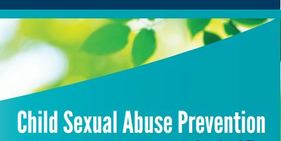|
In the last 35 years, Maine and the rest of the nation has experienced a revolution in how sexual violence is understood. Once a family or community secret, sexual violence went unnamed, unspoken, and was seen as inevitable. Since that time, sexual violence services, crisis and support lines, and accompaniment services have become available across the nation. Other programs such as Sexual Assault Response Teams and Sexual Assault Forensic Examiners have become the standard in places such as Maine. Most encouragingly, there has been an increasing focus on prevention through public education, which seeks to change the culture which supports sexual violence.
We extend our deepest thanks to the school- and community-based educators, for whom culture change and shifting the tide of social norms and oppression is a daily effort. Educators are charged with a challenging balancing act: to deliver awareness of local services and outreach to those impacted by sexual violence, while simultaneously working to create the conditions in which those services are no longer needed. It is work which requires recognizing the world we live in, while working toward a vision of a very different future. Prevention education can be difficult work. Yet it is not only important, but also possible. |
“Violence can be prevented and its impact reduced, in the same way that public health efforts have prevented and reduced pregnancy-related complications, workplace injuries, [and] infectious diseases…. The factors that contribute to violence… can be changed.” |
|
|
Looking for the Maine Coalition Against Sexual Assault? Head to mecasa.org. |



